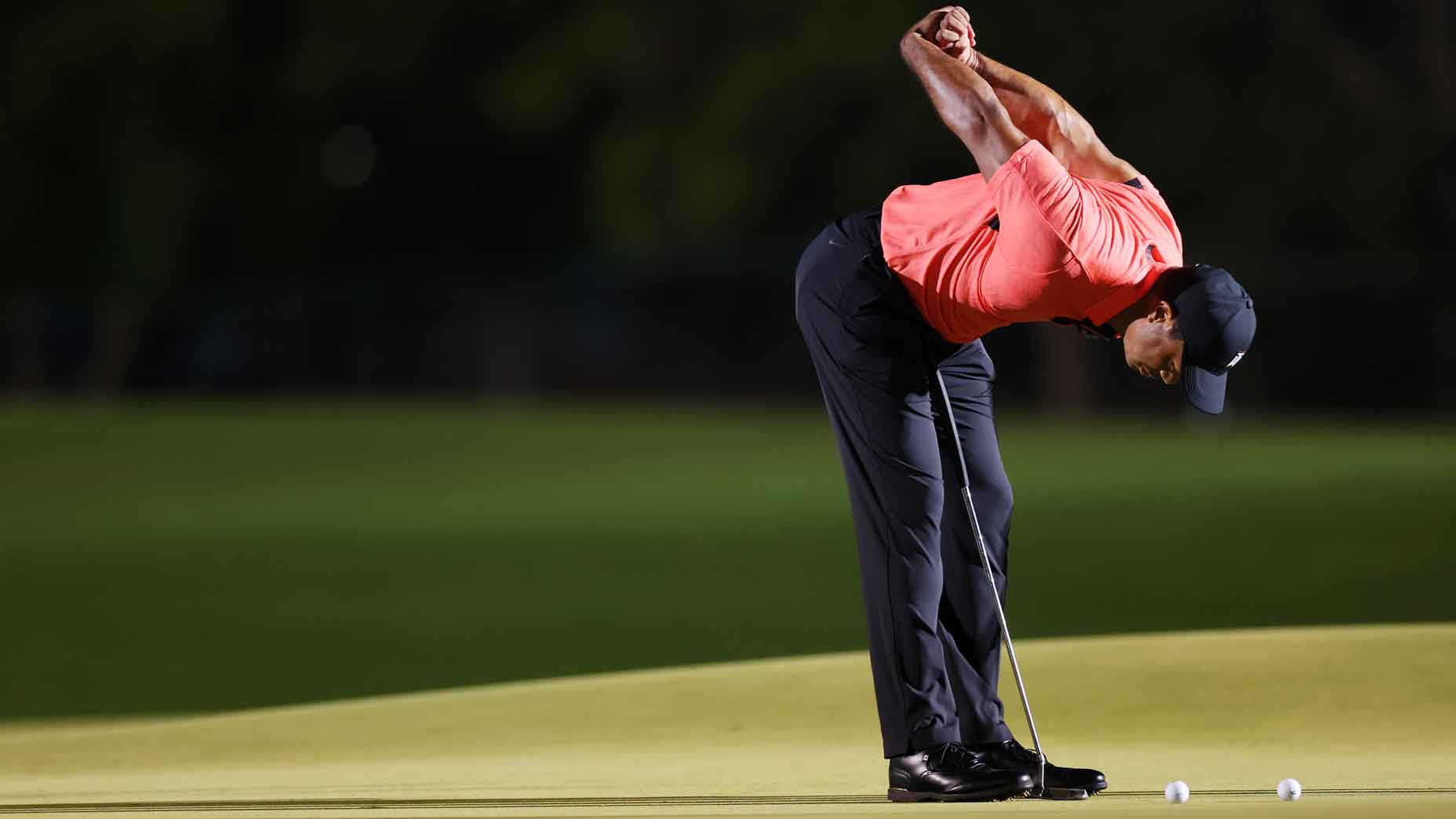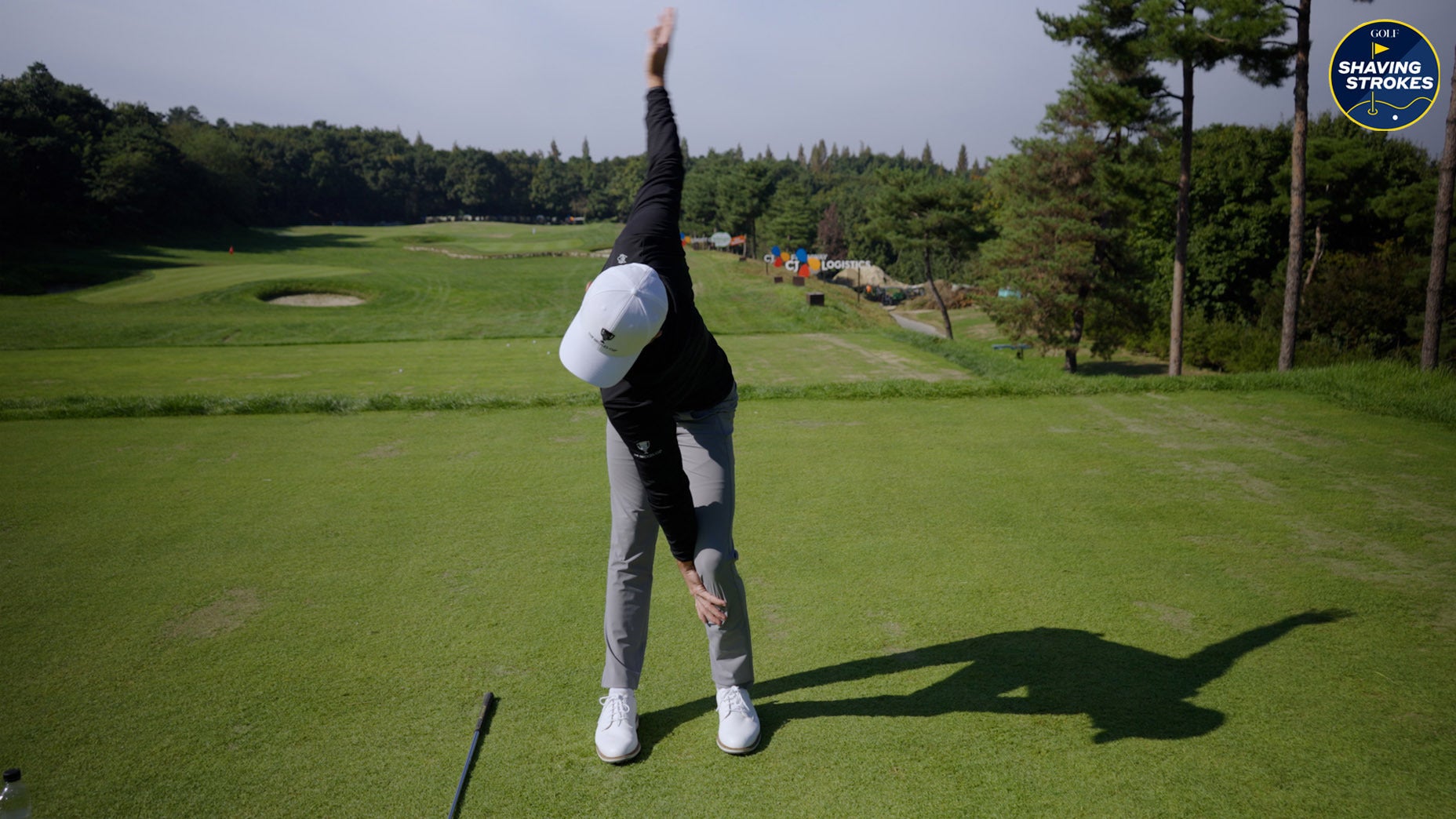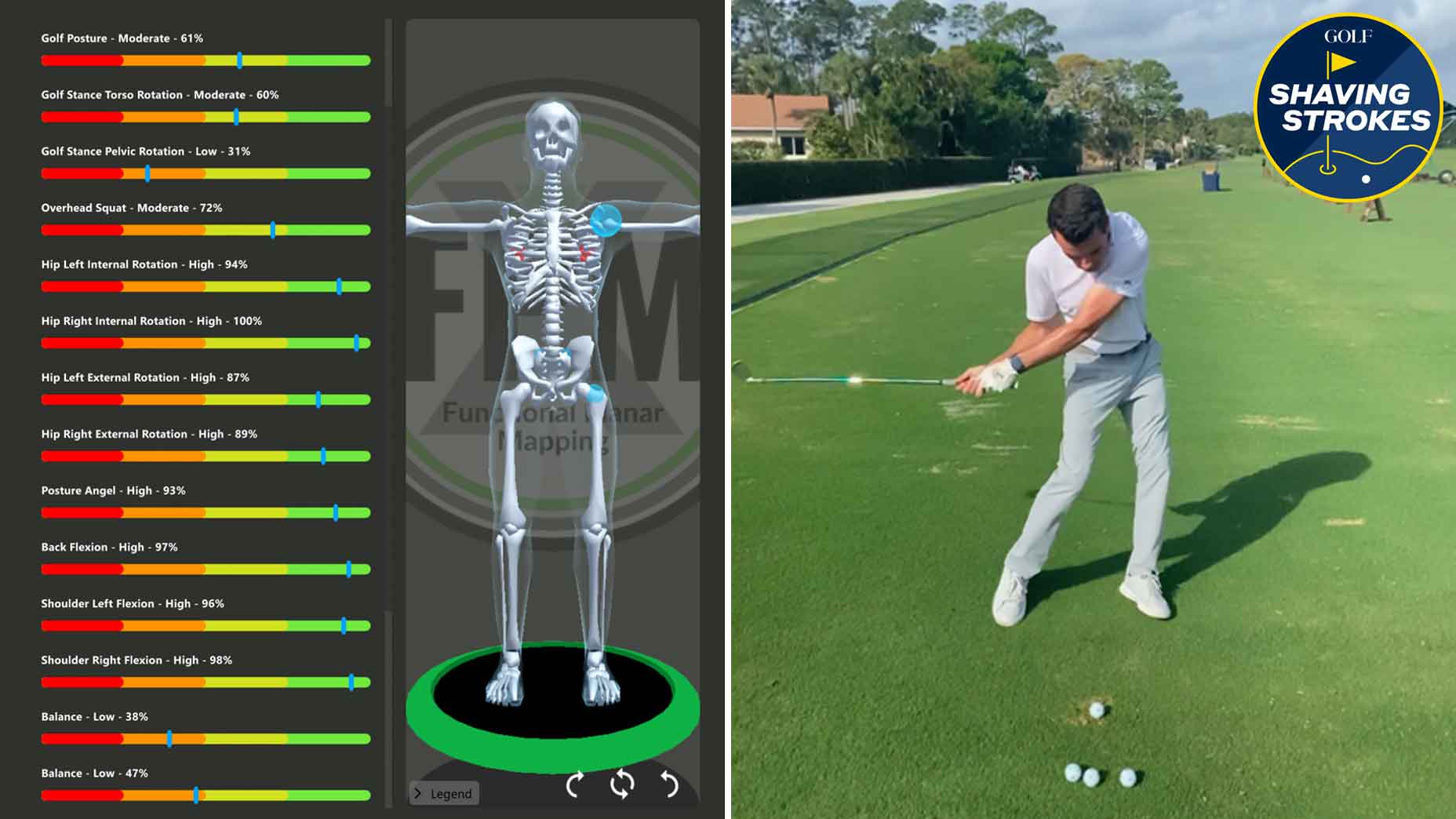 How high-tech mobility analysis diagnosed this golfer’s swing flaws
How high-tech mobility analysis diagnosed this golfer’s swing flaws
Lee Westwood’s secret sauce in his 40s? A smart fitness routine anyone can follow
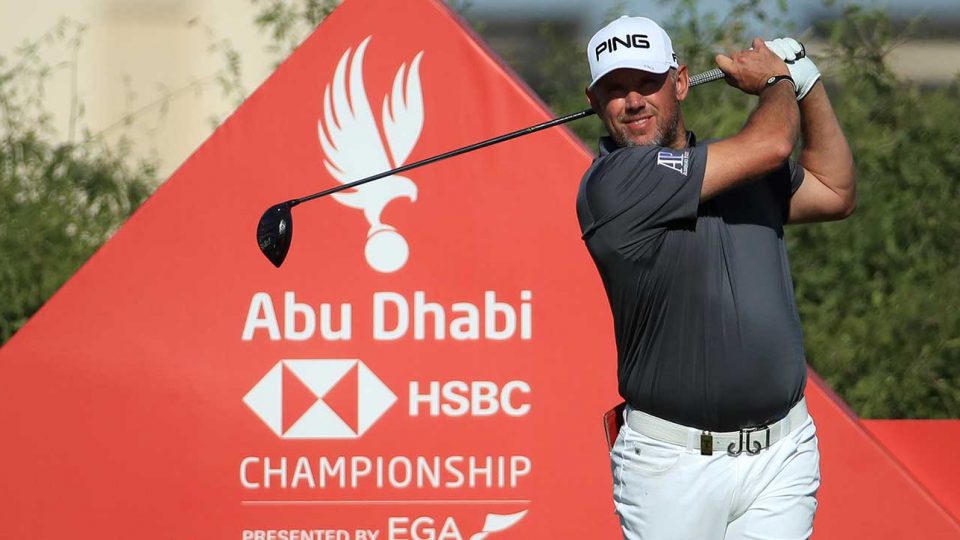
Age isn’t just a number for Lee Westwood, it’s also something of a lie. The 46-year-old is one of a rare group to have played professionally in four different decades, but after his two-shot win at the Abu Dhabi HSBC Championship, Westwood admitted he doesn’t feel he’s one of the game’s elder statesmen.
“I can’t believe I’m that old,” he said after the tournament. “It’s getting harder. It’s just nice to come out and keep proving that you’ve still got it.”
The win marked his 25th victory on the European Tour in what has largely been an injury-free career. But the operative question remains: how does he still have it?
As trainers, dietitians and performance coaches populate the golf world, is Westwood’s secret hiding in a new-age dieting fad or strength-training program? The answer is neither. Westwood says his key to sustained health doesn’t rely on being fit.
“I don’t so much need to be skinny, but I’ve always concentrated on maintaining the areas of my body that take a battering,” Westwood said. “Knees, back, shoulders, I’ve done a lot of exercise over the years on them to try and prevent injury, really, rather than getting an injury and then having to fix it.”
Rather than train for overall fitness, Westwood focuses on having strength at common weak links associated with golfers. The rest, he says, circles back to functional athleticism.
“I was fortunate when I was a kid that I played lots of different sports,” he said. “I didn’t start playing golf at 5 years of age, so I played lots of different sports — rugby, football, cricket. I was a good runner. And all those kind of give me a base, a physical base to work from.”
ADVERTISEMENT
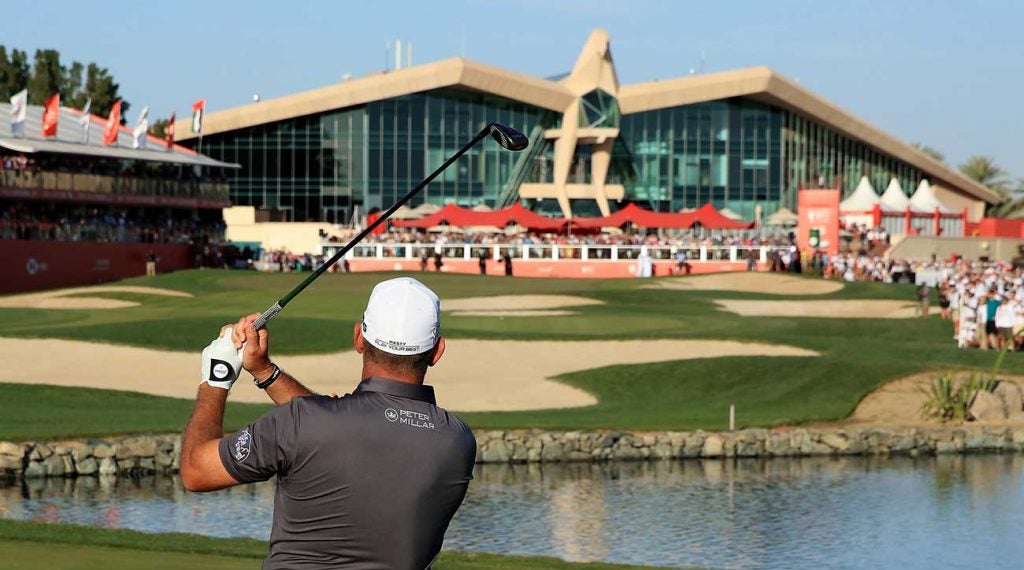
While it’s certainly not as shiny as some of its other fitness counterparts, perhaps there’s something to be learned from Westwood’s approach. The concern surrounding chronic injuries related to the sport continues to grow as youth golfers attach to golf at earlier and earlier ages. A recent study from the British Journal of Sports Medicine found that nearly 70 percent of all golf professionals suffered injuries during their playing career.
Westwood contends if the goal is to protect future golfers from injury, it might be best for kids to hold off until their bodies are physically ready to withstand the force of a golf swing.
“I was just a strong lad growing up and pretty fit, then I started playing golf at 14,” he said. “I do sometimes worry about these kids who start playing golf at the age of 5 now, because golf, you’re bending over, you curve your spine that way, you rotate, as well. It’s not the ideal movement for a 6- or 7-year-old kid.”
To receive GOLF’s all-new newsletters, subscribe for free here.
ADVERTISEMENT




